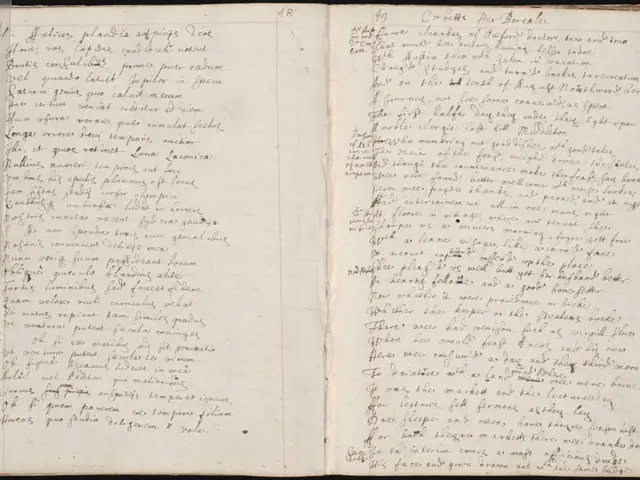Administrator-led witness interviews granted legal protection under litigation privilege
NMC Health PLC (in Administration) v Ernst & Young LLP: High Court Rules on Litigation Privilege for Administrators' Documents
In a significant ruling, the High Court has held that certain witness statements and records of interviews created by administrators are protected by litigation privilege (LP). The case, NMC Health PLC (in Administration) v Ernst & Young LLP, may have far-reaching implications for potential claimants and insolvency practitioners.
The decision centres around NMC Health Plc, a healthcare provider that entered administration in 2020, and its subsequent negligence claim against its former auditors. The claim alleges that the auditors failed to uncover an alleged fraud in the company's finances.
The case concerned a dispute over the disclosure of documents generated by the administrators. The parties agreed that the first category of documents, which included records of around 140 interviews conducted by the administrators and five witness statements obtained by them, were relevant. However, the Claimant objected to their disclosure on the basis they were protected by LP.
In determining whether LP applies to documents generated by administrators or insolvency practitioners during investigations into potential claims, courts consider several key factors. These include the purpose of the documentation, the scope of LP, confidentiality and access control, the primary purpose test vs. the significant legal purpose test, and jurisdictional variations.
Judge Mr Justice Fancourt took a pragmatic approach to the dominant purpose test and held that the administrators' purpose when conducting the interviews was evidence-gathering for potential claims arising out of the discovery of a substantial fraud. He concluded that the witness interview records and statements created by the administrators were protected by LP.
The Judge emphasised the importance of contemporaneous records and actions in supporting a claim to LP over documents. He agreed that documents generated by the administrators during their investigation into the fraud at the Claimant, such as documents looking at the scale of the fraud, how it had been perpetrated, potential claims, and recoveries, were not relevant.
The Judge also differentiated between contemporaneous documents, which should be disclosed to ensure parity between the parties, and documents generated by the administrators during their investigation into the fraud at the Claimant, which were deemed "investigative type" and irrelevant.
This decision underscores the importance for insolvency practitioners and administrators to be strategic in applying LP. They must identify potential litigation early, maintain confidentiality, and document privilege to effectively assert LP in complex cases involving potential claims.
The case may be of interest to potential claimants, as they should take care when setting out the purpose of any investigation in correspondence. Insolvency practitioners will also find the decision of interest, as it suggests the courts will take a realistic approach to the dominant purpose of interviews conducted by insolvency practitioners.
- In the case of NMC Health PLC (in Administration) v Ernst & Young LLP, the court ruled that evidence-gathering documents, such as witness interview records and statements, created by administrators during investigations into potential business-related claims can be protected under litigation privilege.
- The strategic application of litigation privilege by insolvency practitioners and administrators is highlighted in the NMC Health PLC (in Administration) v Ernst & Young LLP case, as they must identify potential business disputes early, maintain confidentiality, and document privilege to effectively assert privilege in complex cases involving finance-related matters.




